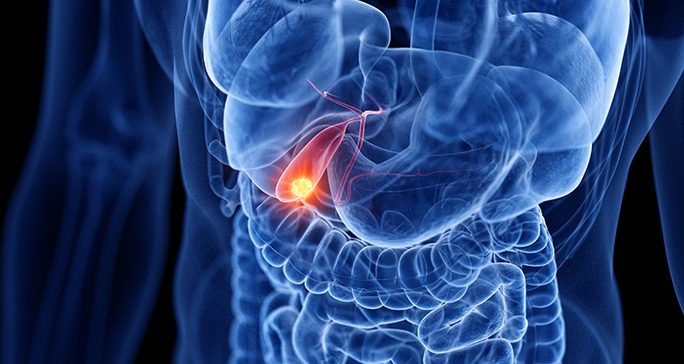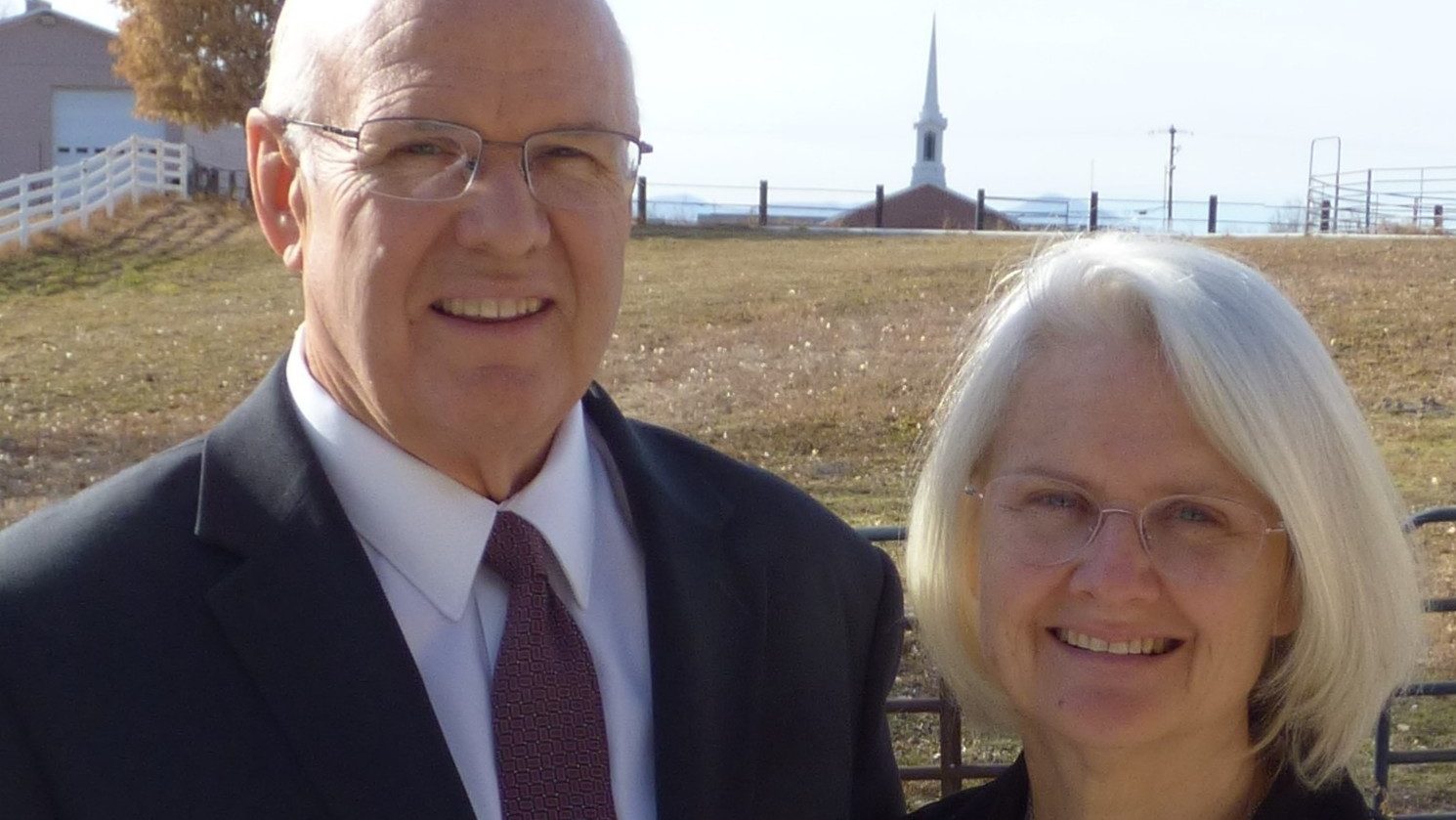request an appointment online.
- Diagnosis & Treatment
- Cancer Types
- Bile Duct Cancer
Get details about our clinical trials that are currently enrolling patients.
View Clinical TrialsBiliary cancers (also called cholangiocarcinoma or bile duct cancers) are relatively uncommon in the United States. Different types of biliary cancer are named after where the cancer forms. Intrahepatic bile duct cancer starts in the bile ducts inside the liver. Extrahepatic bile duct cancer starts in the bile ducts outside the liver. Gallbladder cancer begins in the walls of the gallbladder.
Biliary cancers (also called cholangiocarcinoma or bile duct cancers) are relatively uncommon in the United States. Different types of biliary cancer are named after where the cancer forms. Intrahepatic bile duct cancer starts in the bile ducts inside the liver. Extrahepatic bile duct cancer starts in the bile ducts outside the liver. Gallbladder cancer begins in the walls of the gallbladder.
Bile duct structure and function
The biliary system produces a fluid called bile, which helps digest food. Bile is made in the liver and stored in the gallbladder. The bile ducts are tree-like structures within and around the liver and gallbladder. They carry bile from the liver to the upper part of the small intestine (duodenum).
Biliary cancer types
Intrahepatic bile duct cancer: Intrahepatic bile duct cancer, or intrahepatic cholangiocarcinoma, occurs in the bile ducts within the liver. It accounts for about 10% of bile duct cancer cases. It is often misdiagnosed as liver cancer. Although rare, the number of intrahepatic bile duct cancer cases is increasing.
Extrahepatic bile duct cancers: Extrahepatic bile duct cancers occur in bile ducts outside the liver. There are two types of extrahepatic bile duct cancer:
- Perihilar bile duct cancer: This is the most common type of extrahepatic bile duct cancer. It accounts for 40 to 60% of all bile duct cancer cases. The disease occurs where the bile ducts exit the liver. It is sometimes called perihilar cholangiocarcinoma or a Klatskin tumor.
- Distal bile duct cancer: This disease starts in the part of the bile ducts that passes through the pancreas and connects with the small intestine. It makes up 20 to 40% of bile duct cancer cases.
Gallbladder cancer: A cancer that arises in the wall of the gallbladder. Gallbladder cancer is often found when looking for or doing surgery to remove gallstones.
Bile duct & gallbladder cancer risk factors
Anything that increases your chance of getting biliary cancer is a risk factor. Bile duct and gallbladder cancer risk factors include:
Age: Most cases of biliary cancer in the United States are diagnosed in people between the ages of 50 and 70.
Ethnicity: In the U.S., Native Americans are more likely to get biliary cancers.
Medical conditions: Having any of the following may increase your risk for biliary cancer:
- Primary sclerosing cholangitis (PSC): A progressive autoimmune disease which scars the bile ducts over time.
- Chronic liver diseases, including:
- Cirrhosis
- Bile duct stones
- Cholangitis
- Non-viral chronic liver disease
- Polycystic liver disease
- Hepatitis B or hepatitis C infection
- Inflammatory bowel diseases, including:
- Crohn’s disease
- Ulcerative colitis
- A history of bile duct cysts (choledochal) which are prone to chronic inflammation.
- Liver fluke infection: Liver flukes are parasites that are more common in South and Southeast Asia. Infection may arise due to the consumption of raw or undercooked fish.
- Exposure to thorotrast, a medical contrast agent that is no longer in use.
Smoking: Smoking increases the risk of many cancers, including bile duct cancer.
Excessive consumption of alcohol: Excessive consumption of alcohol likely increases the risk of biliary cancer. This is especially true for people who have alcohol-associated liver damage.
Family history: Several genetic disorders, including Lynch syndrome, may increase the risk of biliary tract cancers.
Learn more about bile duct cancer:

MD Anderson is #1 in Cancer Care
Why choose MD Anderson for biliary cancer treatment?
MD Anderson's Gastrointestinal Center treats biliary cancer patients as individuals, not statistics.
MD Anderson is working to improve survival rates for biliary cancer through innovative treatments like targeted therapies, new surgical techniques and high-dose radiation therapy. Our team of experts meets weekly to review patient cases and treatment plans.
Not only do we offer the most cutting-edge treatments and techniques—we pioneer them. MD Anderson has developed new interventional radiology, chemotherapy and targeted therapy treatments.
We also offer innovative clinical trials. These include new treatment combinations and therapies that target mutations that drive biliary cancer.
As an MD Anderson patient, you will receive world-class expertise at every step of your cancer journey. Our teams also provide supportive care and management for bile duct cancer side effects like bile duct obstruction, malnutrition and digestive issues.
Treatment at MD Anderson
Bile duct cancer is treated in our
Gastrointestinal Center.

Featured Articles
Clinical Trials
MD Anderson patients have access to clinical trials offering promising new treatments that cannot be
found anywhere else.
Becoming Our Patient
Get information on patient appointments, insurance and billing, and directions to and around MD Anderson.
myCancerConnection
Talk to someone who shares your cancer diagnosis and be matched with a survivor.
Prevention & Screening
Many cancers can be prevented with lifestyle changes and regular screening.
Counseling
MD Anderson has licensed social workers to help patients and their loved ones cope with cancer.
Help #EndCancer
Give Now
Donate Blood
Our patients depend on blood and platelet donations.
Shop MD Anderson
Show your support for our mission through branded merchandise.





